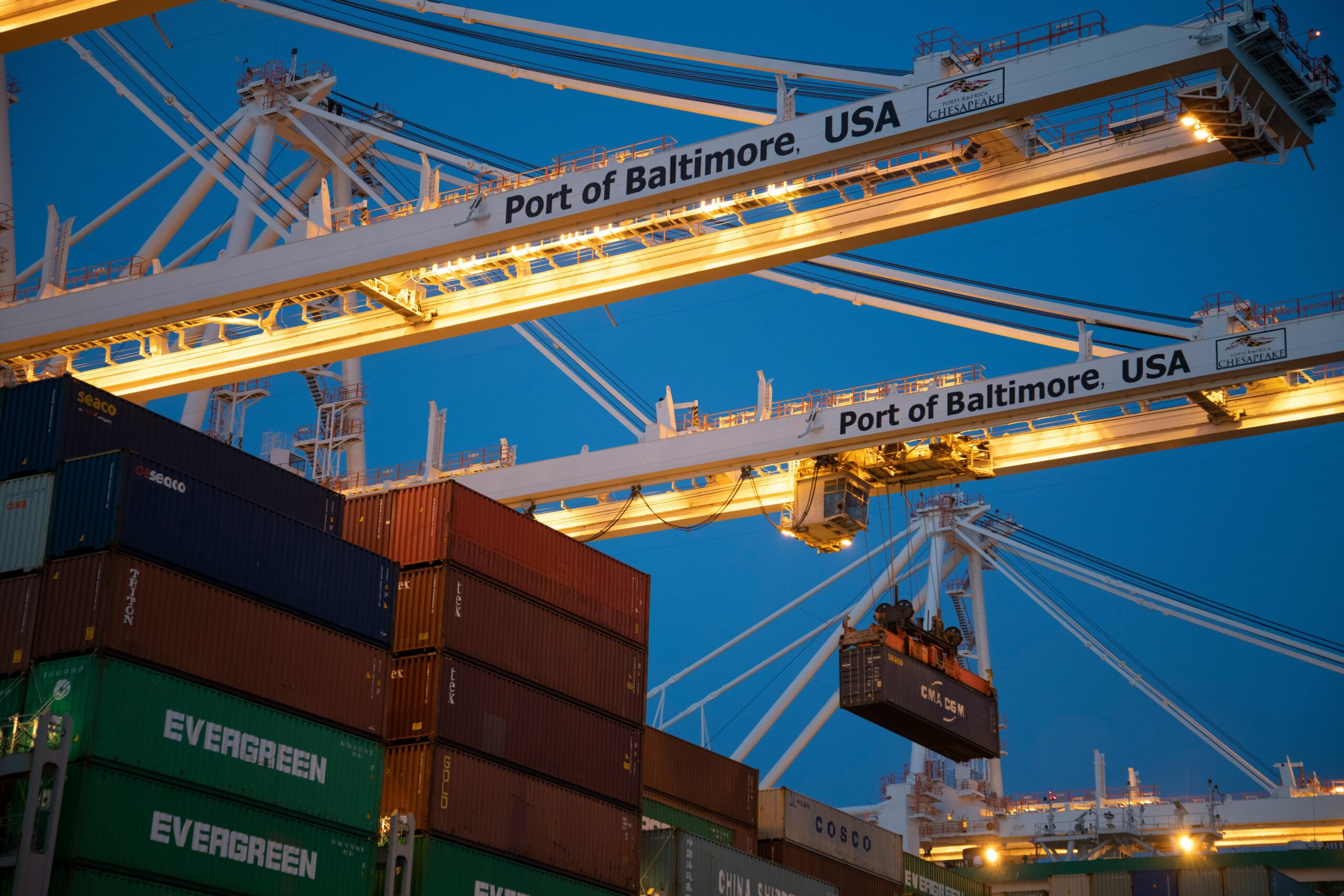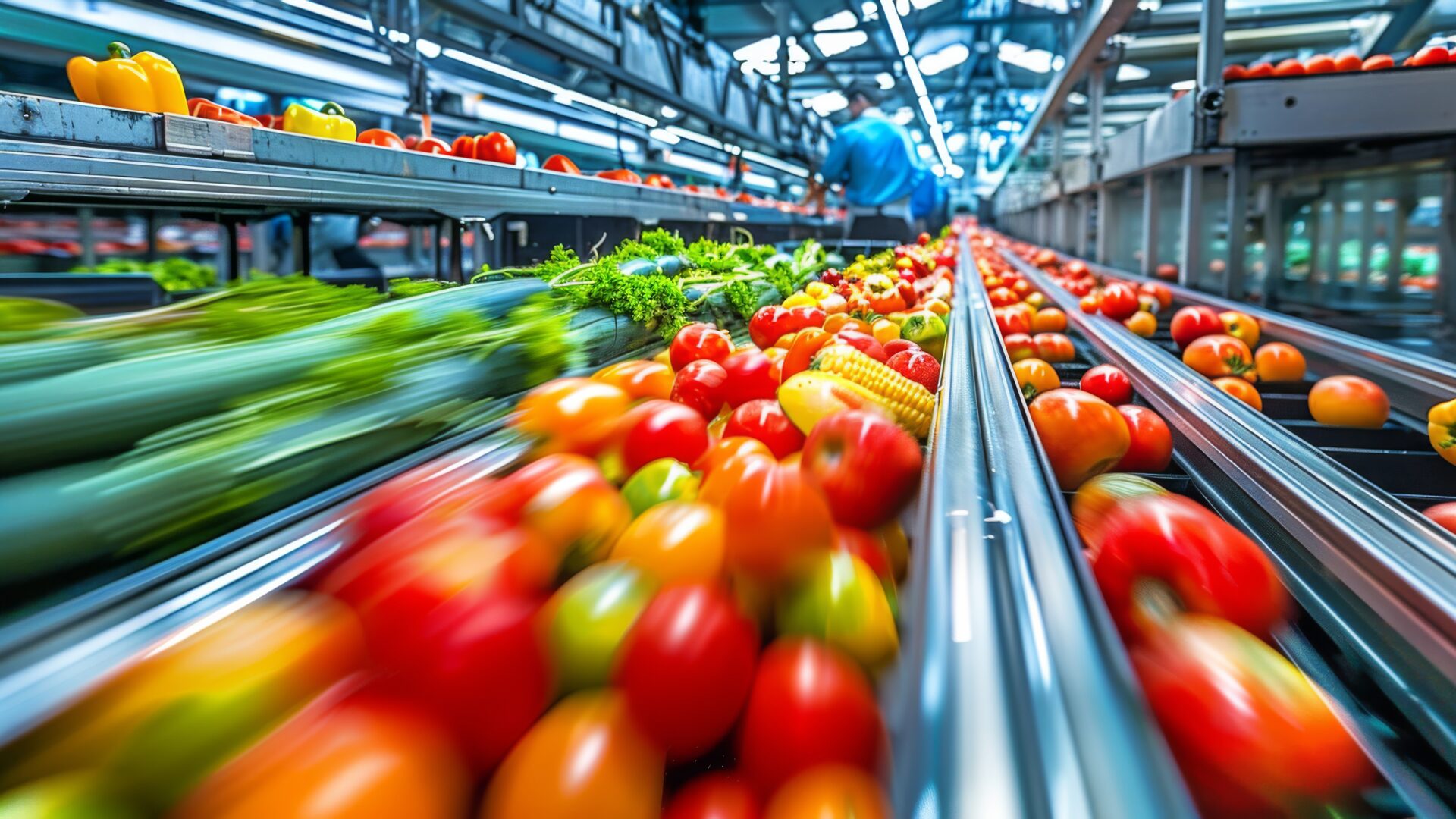As coronavirus cases around the U.S. continue to rise, manufacturing plants—particularly poultry processing—are experiencing more closures.
On Aug. 31, the U.S. topped 6 million cases of coronavirus, reported CNN (Aug. 31). The food processing industry has been hit particularly hard throughout the pandemic.
The Fresno Bee reported on Aug. 27 that the Foster Farms’ Livingston Facility in Merced County, CA, was ordered to shut down over the largest and most severe COVID-19 outbreak in the county.
At least 358 employees tested positive and eight employees died due to the coronavirus, according to a letter obtained from the Merced County Health Department. The outbreak at the facility accounts for 18% of COVID-19 deaths in the county under age 65, 7% of total county deaths, and 4 out of 10 coronavirus deaths in Livingston.
About two days later, Foster Farms issued a statement regarding the closure noting that it will shut down its Livingston Poultry Complex for six days.
“We agree that the best approach to ensuring the future safety of our Livingston plant workers is to begin anew with a clean slate,” the statement read.
During the closure, the company will complete two rounds of deep cleaning and two rounds of COVID-19 testing covering all 1,400 plant employees. The testing program will ensure that all workers first reentering the plant on Sept. 7 will be free of COVID-19.
Concurrently, Foster Farms will have completed two rounds of testing for all other major processing and logistical facilities that comprise the Livingston Poultry Complex.
“We further agree with the Merced Public Health Department that opportunities exist to enhance social distancing, add to professional healthcare staffing that will oversee COVID-19 programs, and improve COVID-19 related employee communication,” according to the statement. “Most importantly, we are committed to the ongoing exchange of data, and open lines of communication with the Merced Public Health Department, which is at the core of tracking and resolving COVID-19 cases before they reach outbreak status.”
In Canada, a Sofina Foods/Lilydale poultry facility in Calgary will not close despite a growing coronavirus outbreak and call from UFCW Local 401 for temporary closure, reported The Globe and Mail (Aug. 29).
There had been 19 cases of the virus with 18 of them still considered active, according to an Alberta Health official. However, an official with the company said the number is now higher than that.
“Alberta Health Services (AHS) confirmed that, after we encouraged all our employees to take a second test, nine additional individuals tested positive for the COVID-19 virus. This brings our total to 27 employees, all from the same shift,” wrote spokesperson Daniele Dufour in an email to The Canadian Press.
The facility, which had another outbreak in April, manufactures fresh chicken products and employs about 450 people.
Dufour noted that Sofina has been working with AHS and the Canadian Food Inspection Agency to manage the outbreak, which includes asking employees on the shift to stay home while they continue to assess the needs for additional measures in order to contain any risk of further spread.
Meanwhile, over 400,000 chickens will be culled in the UK due to slaughterhouse disruptions caused by the coronavirus, reported The Guardian (Aug. 31).
In Scotland, Coupar Angus, which is owned by the 2 Sisters Food Group, confirmed that 110,000 birds had been culled. The company is slated to reopen after a temporary shutdown and said it doesn’t project any further culls.
In England, about half of the staff at Banham Poultry in Norfolk had to self-isolate after 75 staff tested positive for coronavirus. The facility plans “to humanely cull 300,000 birds using a gas system,” said Blaine Van Rensburg, the company’s director, in a statement.
Asked about the risk of further culls, Van Rensburg said, “Given we don’t know how long this current situation will last, we won’t be speculating on how many others will need to be humanely culled.”
In the U.S., millions of farm animals were culled on-farm earlier this summer after the closure of meat facilities because of coronavirus outbreaks among staff. As a result, the country’s slaughtering capacity for cows and pigs was cut by 25% and 40% respectively.












